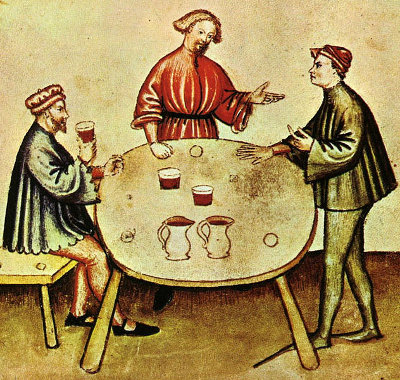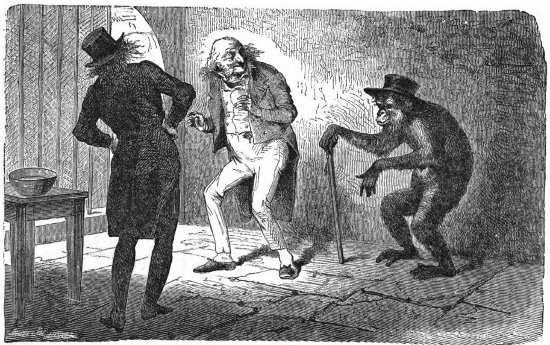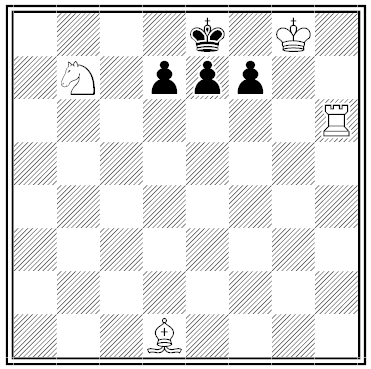
The wise optician smiled and said:
“The upper half to look ahead;
The lower half whereby to read;
And thus one pair is all you need.
Have patience; in a week or two
Bifocals will not trouble you.”
I muttered as I left the shop:
“For distance vision use the top;
The bottom lenses you will need
When you sit down to write or read.”
I raised my right foot high in air
To mount a step which wasn’t there.
The level street became a hill;
I looked at people standing still,
And, since I used the lower glass,
There seemed no room for me to pass.
I turned a corner of the street
And knocked a woman from her feet.
And all that day throughout the town
My eyes kept looking up and down,
“That fellow’s drunk,” I heard men say
As I went reeling down the way.
With those bifocals on my face
The town became a crazy place.
Bifocal troubles curious are:
The far seems near, the near seems far.
You step from heights that ne’er exist,
And jostle folks you should have missed;
Until man grows bifocal-wise
He finds he can’t believe his eyes.
— Edgar Guest






